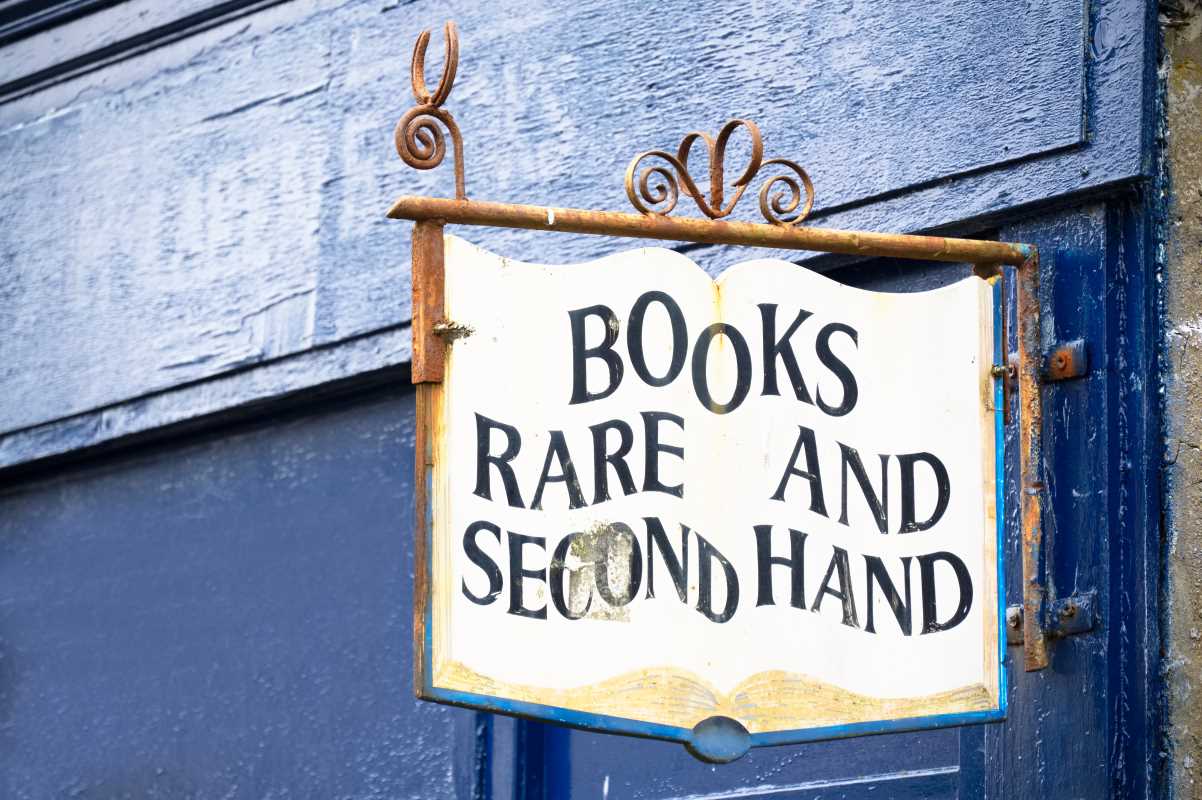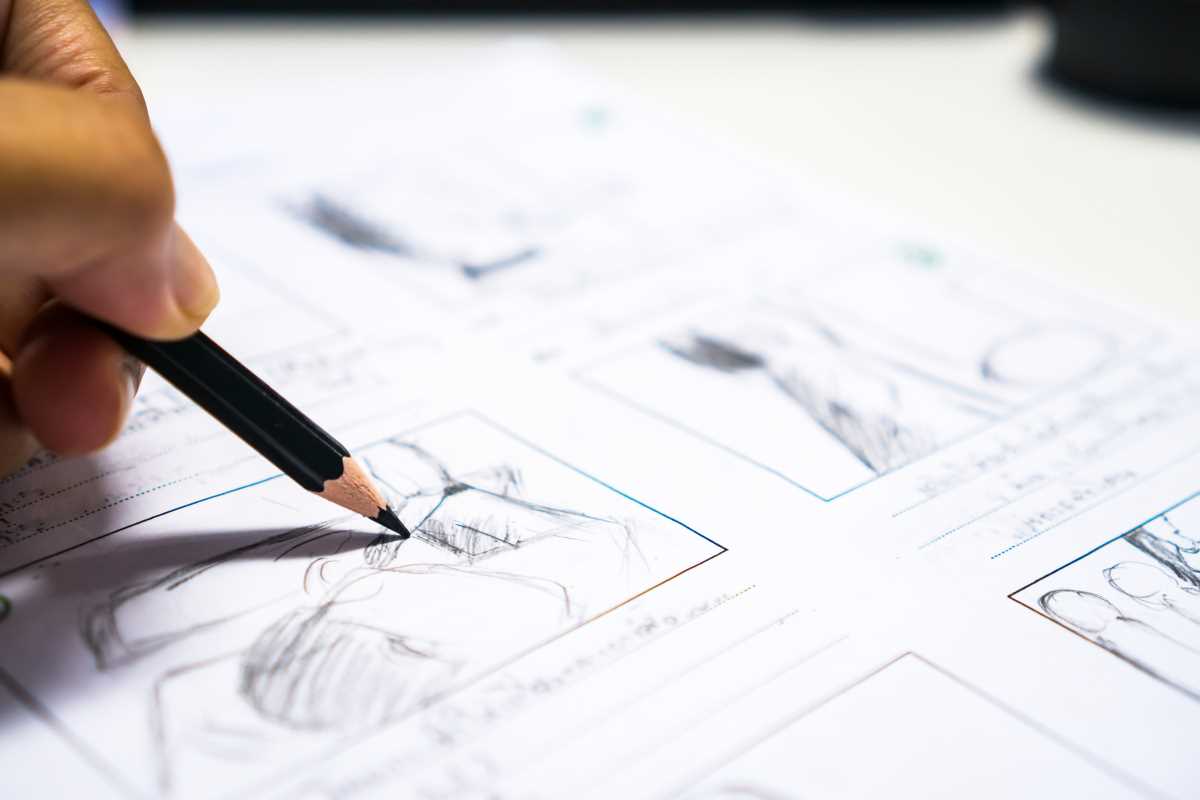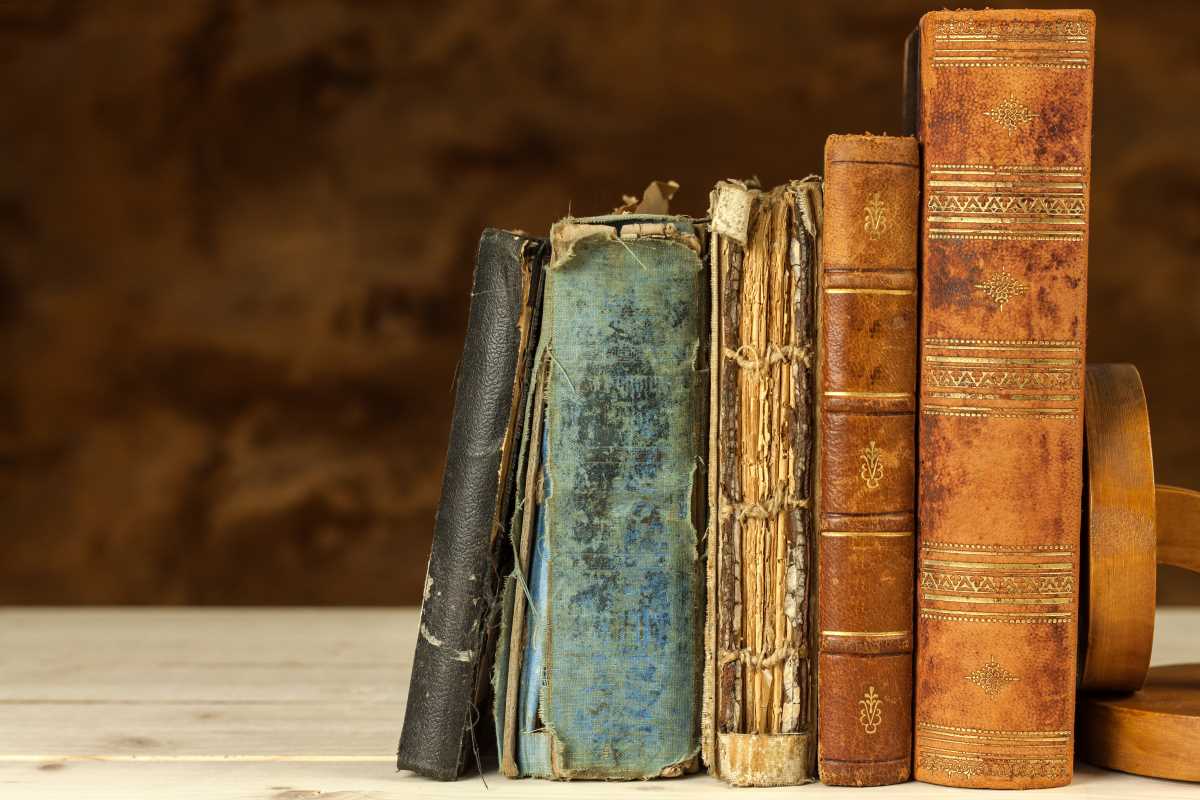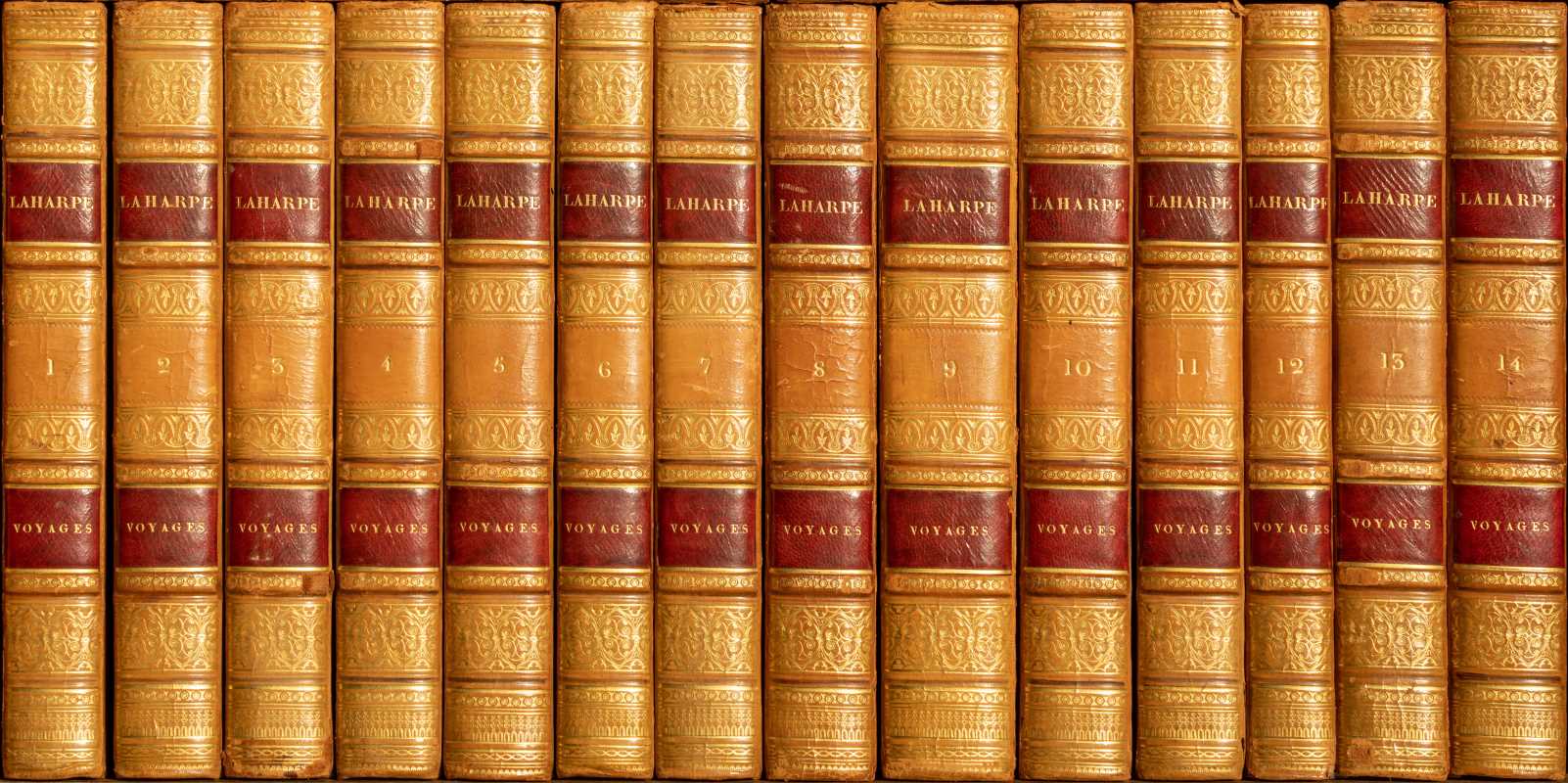Books have a way of capturing our imagination. They take us to faraway lands, teach us about history, and offer a glimpse into the minds of great thinkers. But for some people, books are more than just stories or information. They’re artifacts, pieces of history worth preserving. That’s where rare book collecting comes in.
Rare book collecting isn’t just for wealthy auction-goers or lifelong bookworms. It’s a hobby that anyone can start, no matter their budget or knowledge level. With patience, curiosity, and a little bit of know-how, you can start building your collection of unique, meaningful books.
This guide will walk you through the basics of rare book collecting. We’ll explain what makes a book rare, how to start hunting for treasures, and how to care for your collection. Who knows? Your first purchase might just spark a lifelong passion.
What Makes a Book "Rare"?
If you’re new to rare book collecting, you might wonder what exactly makes a book “rare.” It’s not just about age or appearance. Several factors determine whether a book is considered rare, valuable, or collectible.
Age Isn’t Everything
While older books often draw more interest, not every old book is rare. For example, there were millions of Bibles printed in the 1800s, so most copies from that time are relatively common. However, a first edition of a groundbreaking novel or a book printed by a famous publisher from the 1700s might be considered rare.
Some newer books can be rare, too. A limited-edition printing of a popular modern author’s work, especially if it’s signed or contains unique illustrations, might become a highly sought-after collectible.
Edition and Print Runs
An edition refers to all the copies of a book printed at the same time from the same plates. A first edition, particularly the very first print run, is usually the most valuable edition a book collector can look for.
For example, a first-edition copy of J.K. Rowling’s Harry Potter and the Philosopher’s Stone from its initial print run (only 500 copies!) is incredibly valuable today. Collectors pay thousands for one because of its cultural impact and the rarity of the first printings.
Condition Matters
To be considered collectible, a rare book should be in good condition. Torn pages, missing covers, or excessive writing usually lower a book’s value. That said, certain types of wear, like handwritten notes from a famous author or owner, can sometimes increase value.
Uniqueness and Provenance
Books with unique features, such as hand-drawn illustrations or printing errors, are highly collectible. Provenance, or the history of ownership, can also affect a book’s rarity. If a book once belonged to someone famous or played a significant role in history, it might be worth more to collectors.
Why Collect Rare Books?
People get into rare book collecting for many reasons. Some see it as an investment, while others are motivated by a deep love of literature, history, or the thrill of the hunt.
A Connection to History
Holding a rare book feels like holding a piece of the past, whether it’s a 500-year-old book from the early days of printing or a personal diary from the 19th century. Collectors often find joy in uncovering the stories a book has lived through.
An Investment Opportunity
While not all rare books increase in value, some can be worth significant sums over time. Collectors who research carefully and build a collection of desirable pieces may find that their hobby becomes a financial asset, too.
A Passion for Literature
For book lovers, collecting rare editions is an extension of their love for reading. Imagine owning a first-edition copy of your favorite novel or a signed work by an author who inspires you. These items add a personal connection to your collection.
How to Start Your Collection
Starting a rare book collection might sound overwhelming, but breaking it down into small steps makes it manageable.
1. Decide Your Focus
With so many books to choose from, narrowing your focus will make starting your collection easier. Some collectors base their decisions on themes or interests, such as a specific genre like science fiction or a historical period like the 19th century. Others might focus on certain authors, like Jane Austen or Ernest Hemingway.
2. Educate Yourself
The more you learn about books, publishers, and literary history, the better equipped you’ll be to make smart purchases. Look for guides on collecting, or visit websites and forums where collectors share advice. Attending book fairs or visiting rare bookshops can also teach you a lot.
3. Start Small
You don’t have to spend thousands to start collecting. Many beginner collectors find affordable first editions, signed copies, or interesting old books at local used bookstores or estate sales. Starting small gives you a chance to learn without risking too much money.
4. Build Relationships
Talk to booksellers, librarians, and fellow collectors. They can offer advice, share tips, or even alert you to new finds. The rare book community is full of people who are eager to share their passion.
Where to Find Rare Books
Once you’re ready to start looking, there are plenty of places to hunt for rare books.
Rare Bookstores
Every major city has at least one rare or antiquarian bookstore. These shops can be a goldmine for collectors, offering carefully curated selections of unique and valuable books.
Book Fairs
Rare book fairs bring together collectors, sellers, and enthusiasts in one place. They’re a great opportunity to explore a variety of books and meet people in the community.
Online Marketplaces
Websites like AbeBooks, Alibris, and eBay offer rare and out-of-print books for collectors. Just be sure to read descriptions carefully and verify the seller's reputation before making a purchase.
Thrift Stores and Garage Sales
If you’re patient and lucky, you might find hidden treasures at thrift shops or estate sales. Many collectors have stumbled upon rare finds for a fraction of their value in unexpected places.
Caring for Your Collection
Once you’ve started collecting, it’s important to take care of your books to preserve their condition and value.
Storage
Books should be stored in a dry, cool place, away from direct sunlight. Use bookshelves with stable, adjustable supports, and avoid overcrowding the shelves.
Handling
Handle your rare books with clean, dry hands or wear gloves. Don’t fold the pages or press the spine too hard while reading.
Protection
For particularly valuable books, consider acid-free storage boxes, protective covers, or book jackets to prevent dust and damage.
 (Image via
(Image via





